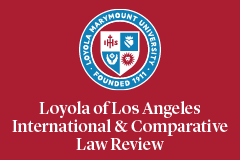Abstract
The common law trust institution always encounters modifications when it is transplanted to civil law jurisdictions. China designs its Trust Law with three characteristics in the process of localization: indeterminate title of trust assets, settlor’s intrusive rights, and beneficiary’s right in personam with two peculiarities. By virtue of these characteristics, Chinese lawmakers and politicians expect to make the trust institution more acceptable for the general public and orchestrated with the civil law tradition. However, these characteristics give rise to theoretical confusions and practical obstacles. This unintended result is not caused by insufficient rules in the Trust Law but by a deficient conceptual basis within the Chinese jurisprudence that is needed to underpin the trust institution. This paper addresses this problem by testing the prevailing contract theory and the novel special patrimony theory and, after systematic analyses, finds that the special patrimony theory works better to conceptualize China’s Trust Law. This finding may provide some reflections to other trust-reception civilian jurisdictions to understand the trust institution.
Recommended Citation
Kai Lyu,
Re-Clarifying China’s Trust Law: Characteristics and New Conceptual Basis,
36 Loy. L.A. Int'l & Comp. L. Rev. 447
(2015).
Available at: https://digitalcommons.lmu.edu/ilr/vol36/iss3/4


